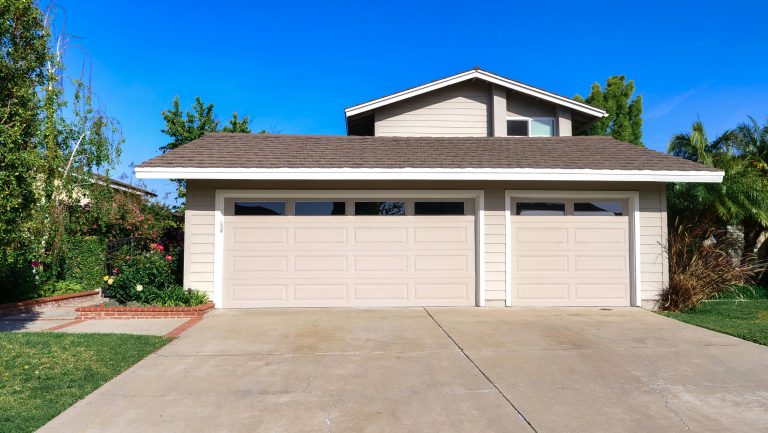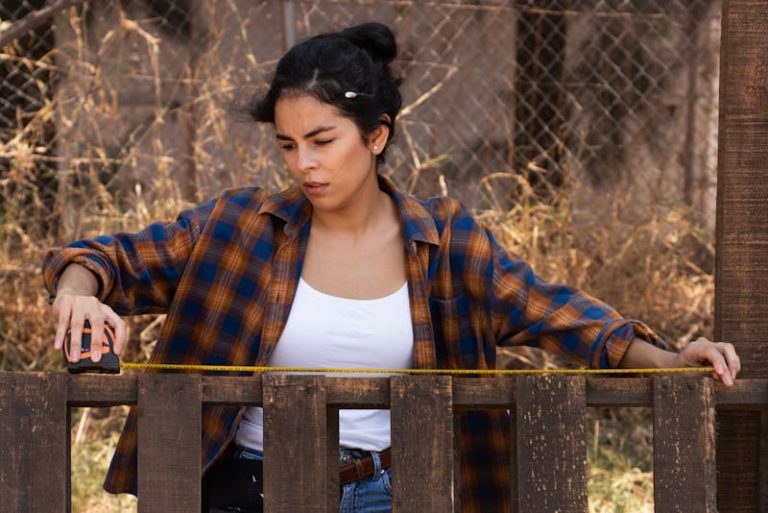

Did you know that indoor plumbing existed in 2500 B.C.? We tend to think of indoor plumbing as a more modern invention, but the truth is that there’s always been a preference for carrying our waste away in comfort. Being able to turn on a faucet and have water come right to you in a luxury that other civilizations certainly enjoyed. But what to do when your plumbing stops working or you have an issue with your running water and that ease slips away? It might be time to call a plumber and have them inspect your pipes and fix whatever’s gone wrong. In some cases, it might be time to upgrade your plumbing system if you have an old network of pipes; in other cases, it’ll be a simpler plumbing repair job. Generally speaking though, it’s not a great idea to try and tackle your plumbing issues yourself. When in doubt, call a plumbing service to help you out.
What Can Plumbers Help Me Out With?
If you’re constructing a new building that needs plumbing, a plumber will often assist the architect and makes sure that the building regulations and safety codes are met. They may also be called upon to create new pipe systems.
Most people have encountered residential plumbers, even though this work is generally a fraction of the responsibility most professional plumbers handle. Residential plumbers help repair and maintain pipes, can test pipes for leakage, and work to resolve back-ups and clogged pipes or drains.
Simply fixing common household leaks with the help of a plumber can save you around 10% on your water bills, which can seriously add up. And, you’ll be doing your part to help conserve water where you can.
How Do I Hire a Good Plumber?
You want to look for a plumber who is licensed by your state and who has plenty of hours under his or her belt in terms of job experience. Look at their certifications and accreditations — it will tell you a lot about the caliber of plumber you’re getting. Are they a registered tradesperson?
Finding a local plumber who’s been around for awhile is even better, as you know that the company is probably honest and doing quality work — otherwise they wouldn’t have the business to keep them afloat.
You should also make sure that the plumber or the company they work for is insured — it protects them and it protects you, should something go wrong. Chances are slim that you’ll ever need to call in this insurance, but the peace of mind knowing that it exists is huge. Furthermore, it shows the plumber or the company is looking out for everyone’s best interests.
Is their website helpful and informative? Are there positive reviews listed? Are rates up front and easy to understand? Can you easily book an appointment, should you need one? Do they have emergency personnel in case of a natural disaster or unplanned accident? A plumber or plumbing company that checks all the “yes” boxes here is probably one you want to keep in mind.
What are Ways to Keep My Plumbing in Good Working Order?
Ideally, you’ll be able to keep your plumbing in fairly good working order yourself. Much of keeping your plumbing in good condition is simply common sense. Don’t flush things that can clog your pipes, like feminine products, hair, paper towels, etc. Try to keep hair, food particles, and other debris out of your drains as much as possible. Avoid pouring fats or oils down your drain, especially in the winter, as they can congeal and stop up pipes.
Clean out your drains semi-regularly and if your pipes are pretty old, it’s worth having a plumber come check out the health of your pipes to avoid bigger problems down the road.
If you should need a plumber, it’s good to have the number of a reliable company you trust on hand, instead of scrambling to find one when a disaster strikes.






